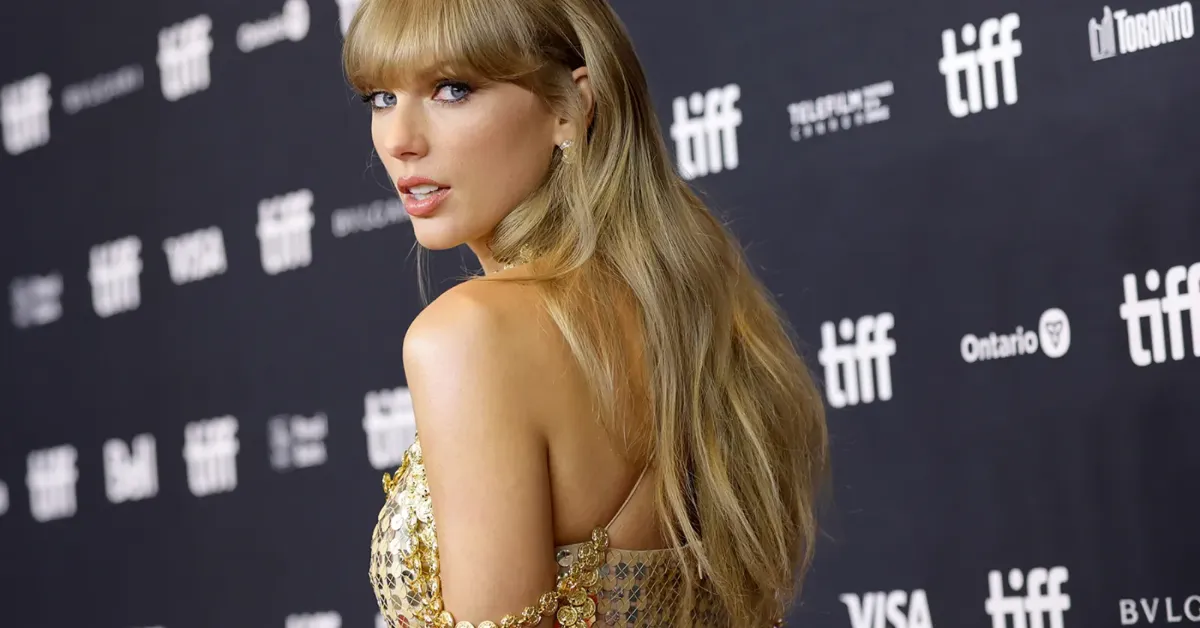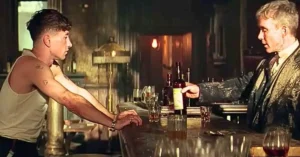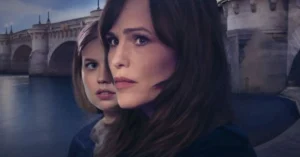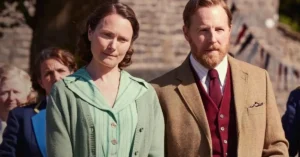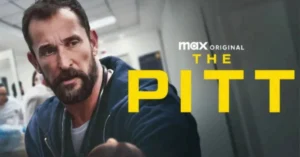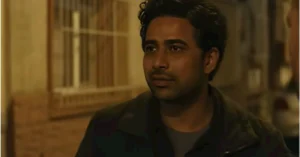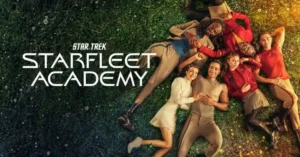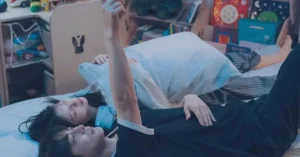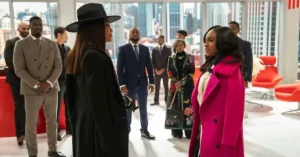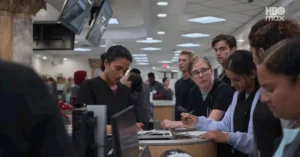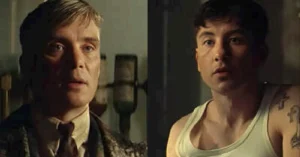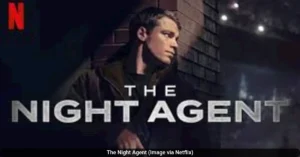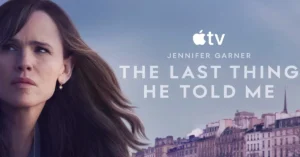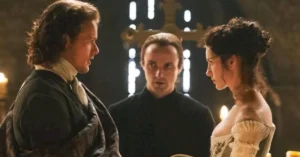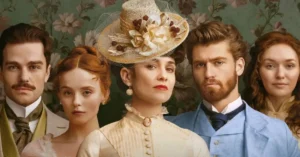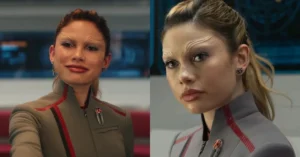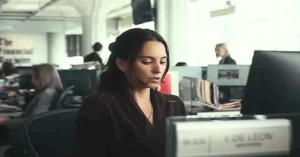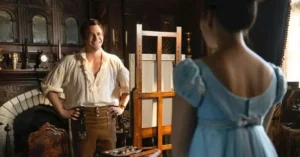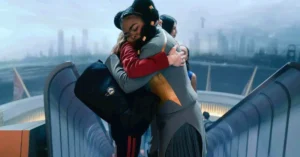A Florida artist has filed a second copyright infringement lawsuit against Taylor Swift, alleging the pop star copied creative elements from her work. Kimberly Marasco, the plaintiff, claims Swift’s songs and music videos from albums like Lover, Folklore, Midnights, and The Tortured Poets Department contain unauthorized similarities to her original material. The lawsuit also names Swift’s collaborators Jack Antonoff and Aaron Dessner, along with Universal Music Group and Republic Records, as defendants .
Marasco initially sued Swift in April 2024 but failed to serve the legal papers in time, leading Judge Aileen Cannon to dismiss the case without prejudice last December. The new lawsuit, filed in February 2025, seeks $25 million in damages—a significant increase from the original $7 million demand .
Legal hurdles in serving Swift
Marasco has faced repeated challenges in serving Swift with the lawsuit, citing the singer’s out-of-state residency, extensive travel schedule during the Eras Tour, and security measures that obscure her whereabouts. In court documents, Marasco accused Swift of “concealing her residences under trusts and LLCs,” making traditional service methods ineffective .
Last December, Marasco attempted to serve Swift through Florida’s secretary of state, a method typically reserved for corporations. While the state accepted the substitute service, legal experts questioned its validity for an individual. Judge Cannon granted Marasco a final extension until December 20, 2024, to complete service, warning the case would be dismissed otherwise. Swift’s attorneys argued the plaintiff had “exhausted all options” without success .
Expanded claims and new defendants
The new complaint targets additional songs, including Who’s Afraid of Little Old Me? and I Can Do It With a Broken Heart from The Tortured Poets Department. Marasco alleges Antonoff and Dessner co-wrote infringing tracks like Illicit Affairs (Folklore) and Death by a Thousand Cuts (Lover). The lawsuit states, “Plaintiff will once again attempt service upon Taylor Swift but will not include Taylor Swift Productions in this lawsuit” .
Judge Jose E. Martinez now oversees the case, while Cannon remains responsible for unresolved claims against Swift’s production company. Defendants have 21 days to respond once served .
Swift’s legal team pushes back
Swift’s attorneys, Aaron S. Blynn and Katherine Wright Morrone, have consistently dismissed Marasco’s claims as “entirely unfounded.” They argue many allegations are time-barred, as Swift’s albums Lover, Folklore, and Evermore were released before April 2021—outside the three-year copyright filing window. In a January 2025 motion, they noted Marasco admitted she only discovered the alleged infringement after attending the Eras Tour in 2024, despite the songs’ widespread availability .
Marasco countered that she “only listened to alternative rock” and was unaware of Swift’s lyrics until recently. Her legal team insists the timing doesn’t invalidate the claims, as copyright law allows suits within three years of discovering infringement .
Broader context of Swift’s legal battles
This isn’t Swift’s first copyright dispute. In Hall v. Swift, a plaintiff challenged lyrics in Shake It Off; the case was dismissed after five years. Another lawsuit involving Swift’s Lover book was voluntarily dropped . Meanwhile, Swift has taken legal action against privacy violations, including sending a cease-and-desist to a Florida student tracking her private jet movements, citing safety risks from stalkers .
For more updates on Taylor Swift, tune in to Vviptimes.
SOURCE: Newsweek

